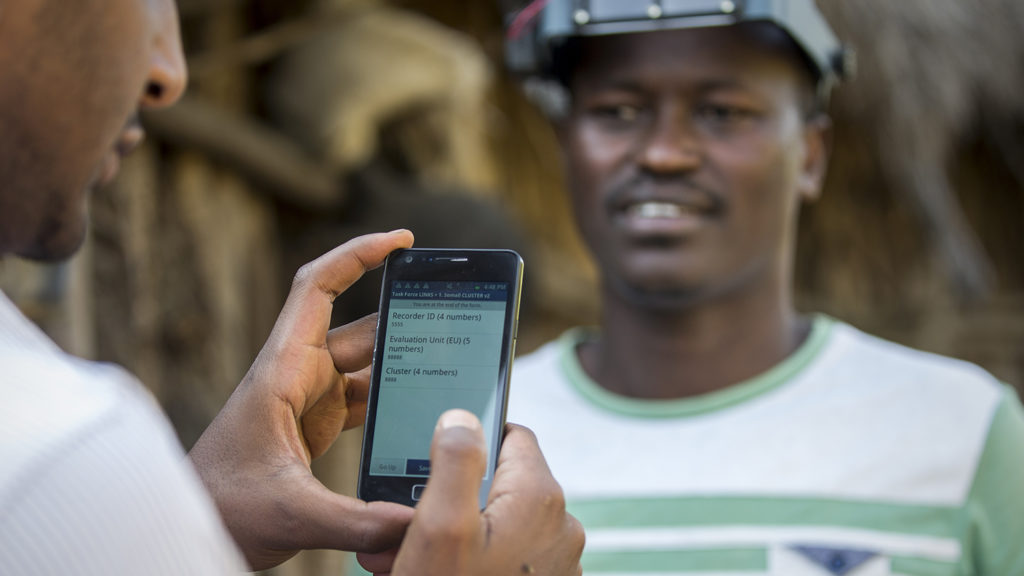Research centre
Supporting Sightsavers’ research in eye health, neglected tropical diseases, education and social inclusion.

Introduction
In 2017, Sightsavers was awarded Independent Research Organisation (IRO) status by UK Research and Innovation, making the organisation one of the only international non-governmental organisations to hold this status in the UK.
As an IRO, Sightsavers is eligible for grants from the seven UK research councils, including the Medical Research Council and the Economic and Social Research Council. To qualify as an IRO, organisations must prove to UK Research and Innovation that they “possess an existing in-house capacity to carry out research that materially extends and enhances the national research base” and that they are able to “demonstrate an independent capability to undertake and lead research programmes.”
Vision statement
Gathering and disseminating sound research evidence is the best way to ensure our programmes are effective in achieving their goals and meeting the needs of the people they are designed to serve.
Our research strategy sets out four objectives:
- Keep up to date with the existing body of evidence and ensure its effective use in our programmes and advocacy
- Conduct high quality research to generate new evidence to address global knowledge gaps and our operational challenges
- Build organisational capacity and effective partnerships to generate, understand and use research evidence
- Ensure effective dissemination of research findings within and outside the organisation
Our research strategy
Projects
Publications and resources
View our publicationsPolicy and research on Twitter
Evidence gap maps
Evidence gap maps are a visual tool for presenting the state of international development in particular thematic areas. They summarise and appraise evidence to make it more accessible and user-friendly.
View our gap maps